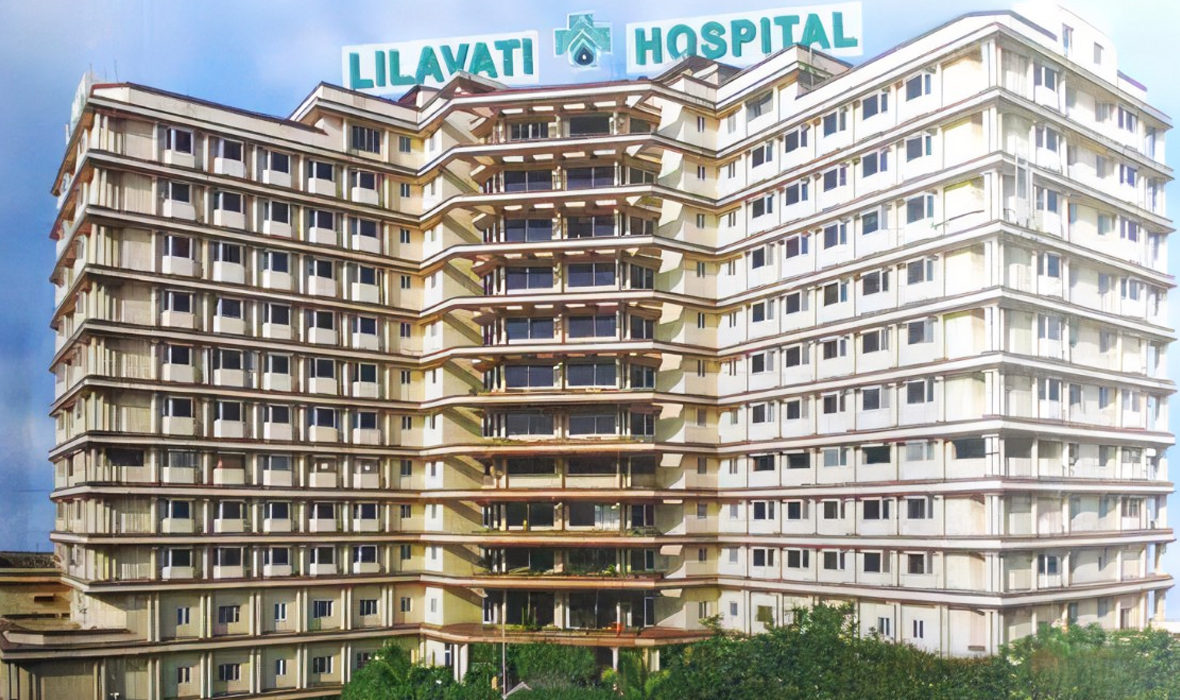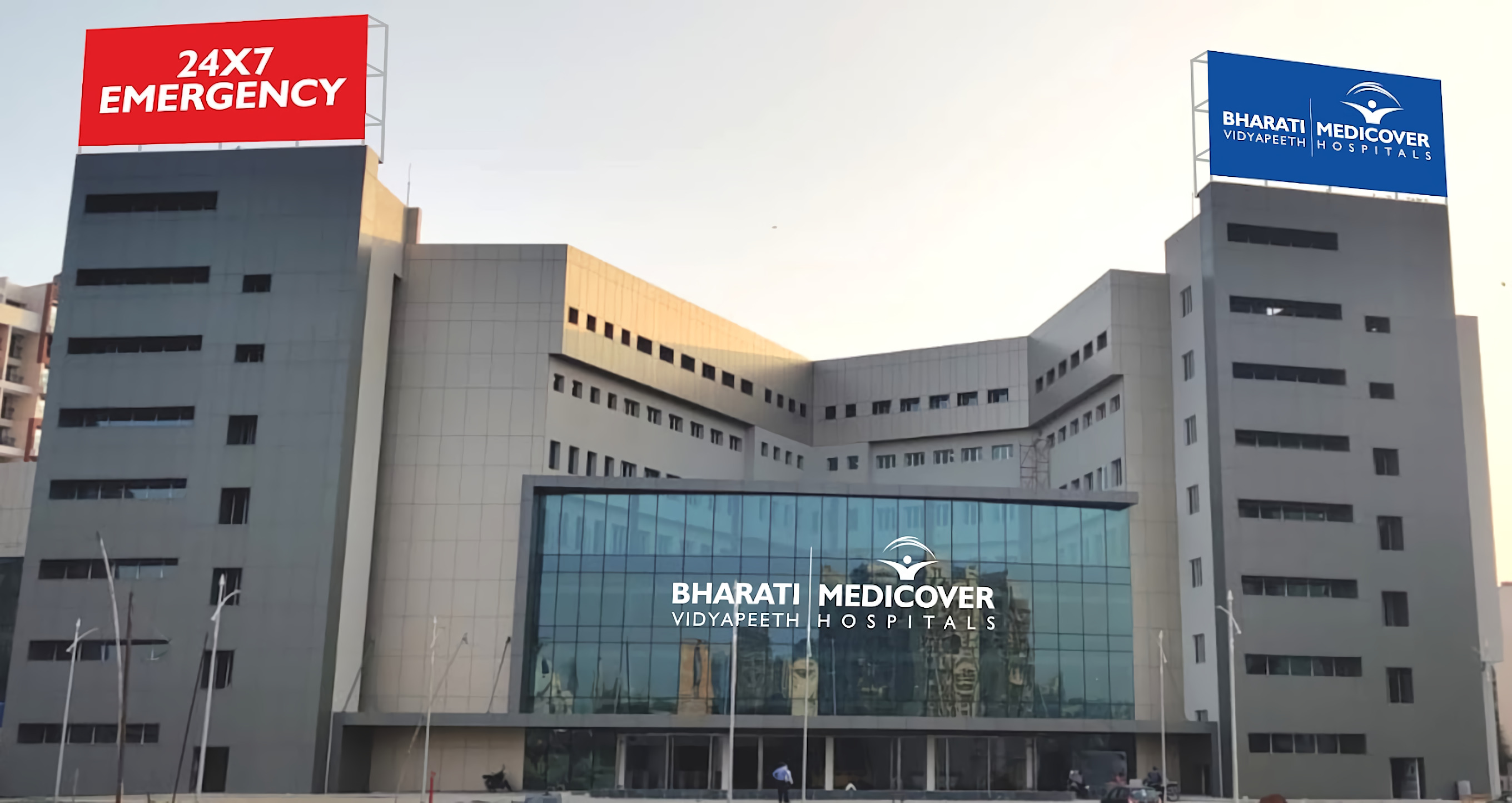Written by : Arti Ghargi
April 4, 2024

Image Source: Freepik
The healthcare industry in India is booming. COVID-19 pandemic battered economies across the world and healthcare was not an exception.
However, after the lockdown was lifted and the threat of pandemic waned, the industry is soaring to new highs. Accelerated digitization in healthcare, industry innovation and infrastructure expansion has led to increased global investor interest in India’s healthcare sector.
For context, in the last two years India’s healthcare sector amassed more than $8 billion investment, India hosted 22 healthcare deals in 2023, with investment size reaching $4.6 billion, highest in Asia-Pacific. This was slightly lower than the $4.7 billion recorded in 2022.
The increased inflow of funds is also boosting infra-spending and capacity building. Rating agency ICRA recently said that private hospital chains are expected to add over 30,000 beds at an investment of INR 32,500 Cr in the country over the next four to five years.
Metro cities such as Mumbai, Delhi, Bengaluru, and Hyderabad are expected to remain the focal center of this expansion and add a sizable number of beds.
The hospital sector in India was valued at INR 7940.87 billion in FY21 in terms of revenue & is expected to reach INR 18,348.78 billion by FY 2027, growing at a CAGR of 18.24%.
In FY24 alone, the hospital industry is expected to report a healthy revenue growth of 8-10% with operating profit margin expected to be at around 22-23%.
During the pandemic, Indian cities saw a reverse migration of masses with many going back to their hometowns in Tier-II and Tier-III cities.
However, as the lockdown lifted, the population balance is shifting again as masses are returning to cities.
The population of metro cities such as Mumbai has shown a steady rise over the years and public health institutions can’t share the burden alone.
According to an NSSO report in 2020, 3/4th of all of Maharashtra’s patients are treated at private healthcare facilities.
This presents a big opportunity for private hospitals to expand their footprint.
Let’s have a look at the top five Mumbai hospitals that are capitalizing on the opportunity and investing big.
The charitable trust-led hospital earlier last month indicated that it is looking to tap PE investment. Promoters of Lilavati Hospitals said that they are in talks with private equity and pension funds for investment in the hospital.
The Mumbai-based hospital is planning an INR 4000 Cr pan-India expansion. While the healthcare provider will be funding the expansion through internal accruals, they are also in discussions with PE investors, pension funds, and donors, ET reported quoting Lilavati promoter Prashant Mehta.
It is looking at both greenfield and brownfield hospitals as part of its expansion strategy. The expansion is expected to add another 3000 beds to its capacity.
Lilavati Hospital’s first venture outside Mumbai is in Gujarat’s GIFT city where it is building a greenfield 300-bed multi-specialty hospital with an investment of INR 300 Cr. The hospital is expected to open by 2025.
Moreover, it is also planning to launch hospitals in Dharamshala, Pune, Bengaluru, Noida and Guwahati. Lilavati is also planning to start a pharmacy chain comprising 500 stores across India in next five years with an investment of INR 200 Cr.

Image Source: Lilavati Hospital Website
One of the earliest healthcare institutions in Mumbai, Balabhai Nanavati Hospital has been serving Mumbai citizens for the past 70 years. However, the iconic institute is now focusing on capacity expansion.
Currently, it has 350 Beds facility housing 55 specialty departments offering a plethora of services. In 2022, however, the hospital announced that it will double its capacity with an investment to the tune of INR 700 Cr.
The expansion will add 600 more beds taking the total number of beds to 950. Once completed, this will make Nanavati Max one of the largest healthcare facilities in Western India by a private player.
The expanded facility is expected to create job opportunities for 5000 health workers while 20% of the beds will be reserved for the economically weaker sections. The new building is expected to be commissioned by 2024.
The phase-I of the expansion is being partially financed by Max Healthcare Institute Ltd which will provide funding of up to INR 300 Cr to its wholly owned arm Max Hospitals and Allied Services Ltd.

Image Source: Web
Medicover Hospitals, a globally recognized healthcare brand has its presence across Maharashtra, Andhra Pradesh, Telangana and Karnataka in India.
In January 2023, the healthcare provider planned to invest INR 2000 Cr for the expansion of its facilities in Mumbai and Karnataka, adding 5,000-bed capacity within the next three years.
The additional bed capacity will be spread across its 24 hospitals, including those in Mumbai and Pune. It will take the total number of beds of Medicover Hospital to 9000 making it one of the largest healthcare providers by bed capacity in India.
In 2022, Medicover launched a 300-bed facility in Kharghar, Navi Mumbai in association with Bharati Vidyapeeth.
In the last financial year Medicover added 650+ beds in both Pune & Mumbai combined.

Image Source: Medicover Hospitals Website
Sahyadri Hospitals, a renowned healthcare provider group in Maharashtra, last year announced its plan to invest INR 750 Cr over four years to fund its expansion to more cities in the Western region.
In 2022, Ontario Teachers’ Pension Plan Board acquired a majority stake in Sahyadri Hospitals for around INR 2,500 Cr from investment firm Everstone Capital. The expansion will be funded by the same equity infusion.
The hospital group plans to expand its footprints in Navi Mumbai, Thane, Pimpri Chinchwad, Nagpur, Solapur Kolhapur, and other cities.
Overall, the hospital is planning another 300-500 beds to be added in the coming three to four years in Pune. It will also increase 60 beds in Nashik, taking the capacity to 250.
Image Source: Web
One of the largest hospital networks in India, Fortis Hospitals recently announced its plans to expand its facilities with an investment of around INR 600 Cr.
It plans to add 600 beds to the existing 4,500 operational beds by the end of the ongoing financial year.
Along with this, the integrated healthcare services provider is also planning to add 2,200 beds across its existing hospitals over the next three years.
This expansion will significantly increase its capacity. Moreover, in the greenfield setup, the hospital is exploring areas such as the Greater Bombay region and the northern part of Bengaluru and Kolkata, depending on the opportunities as they arise.
In 2023, the healthcare provider was eyeing hospitals in three locations - Kalyan-Dombivli, between Malad and Borivali, and Navi Mumbai.
According to reports, it was eyeing 200-bed hospitals in Kalyan-Dombivli and Malad-Borivali area and for 100-150 beds in Navi Mumbai.
The Indian healthcare sector is expected to maintain its growth trajectory in 2024, driven by government initiatives, private sector investments, and the increasing adoption of digital health technology.
The expansion of private hospital chains, particularly in metro cities such as Mumbai, will contribute to the sector's growth.
Private equity investments are also likely to continue, with a focus on hospitals that have specific regional plays or expertise in specialties.